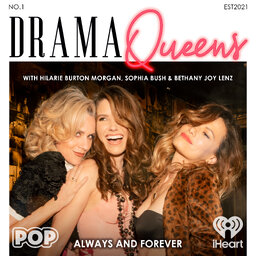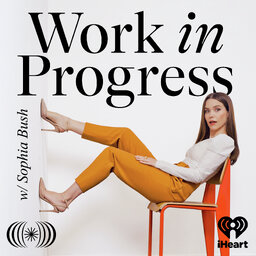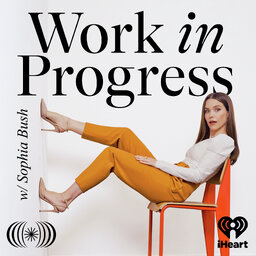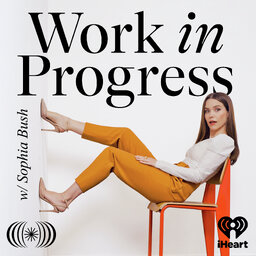Work in Progress: Joy-Ann Reid
Journalist Joy-Ann Reid went from a "nerdy" kid who stayed past her bedtime to watch broadcast news to now fronting her own show!
The MSNBC Host and New York Times Bestselling author joins Sophia to discuss finding her passion for journalism, why she majored in documentary filmmaking at Harvard, becoming cable TV's first black woman prime-time anchor, and what it's really like behind the scenes of a busy newsroom.
Plus, Joy shares what it's been like meeting her civil rights heroes and talks about her new book, "Medgar and Myrlie: Medgar Evers and the Love Story That Awakened America."
 Work in Progress with Sophia Bush
Work in Progress with Sophia Bush



